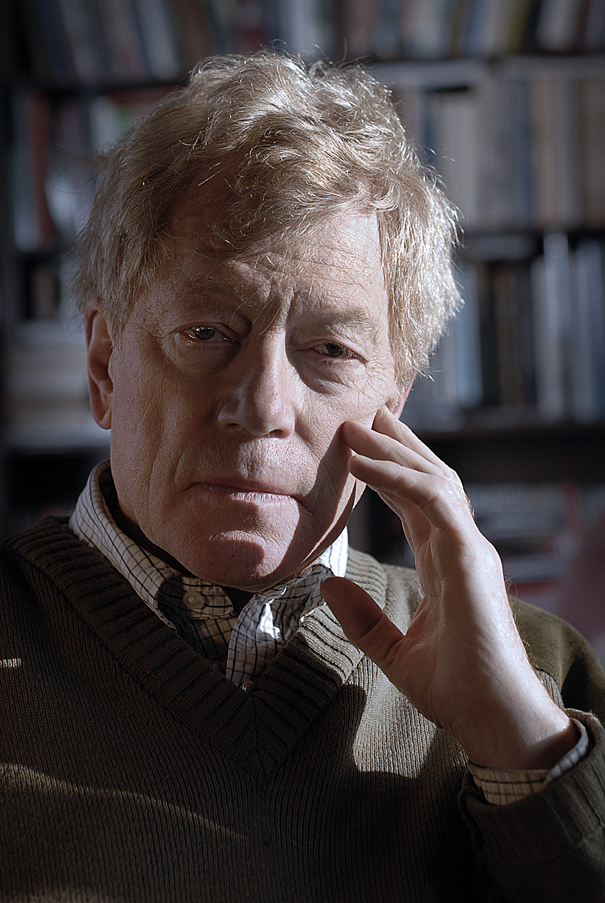Suggested Topics within your search.
Suggested Topics within your search.
západná civilizácia
3
Exclude matching results
conservatism
2
Exclude matching results
estetika
2
Exclude matching results
globálna spoločnosť
2
Exclude matching results
islamská civilizácia
2
Exclude matching results
konzervatizmus
2
Exclude matching results
national identity
2
Exclude matching results
náboženský terorizmus
2
Exclude matching results
národná identita
2
Exclude matching results
political philosophy
2
Exclude matching results
politická filozofia
2
Exclude matching results
western civilization
2
Exclude matching results
Islam
1
Exclude matching results
Islamic civilization
1
Exclude matching results
New Left
1
Exclude matching results
aesthetics
1
Exclude matching results
angličtina
1
Exclude matching results
beauty
1
Exclude matching results
climate changes
1
Exclude matching results
cultural identity
1
Exclude matching results
environmental policy
1
Exclude matching results
environmental protection
1
Exclude matching results
environmentalism
1
Exclude matching results
environmentalizmus
1
Exclude matching results
environmentálna politika
1
Exclude matching results
euroskepticism
1
Exclude matching results
euroskepticizmus
1
Exclude matching results
filozofi
1
Exclude matching results
filozofia politiky
1
Exclude matching results
global society
1
Exclude matching results
Roger Scruton
 Sir Roger Vernon Scruton (; 27 February 194412 January 2020) was an English philosopher, writer, and social critic who specialised in aesthetics and political philosophy, particularly in the furtherance of conservative views. The founding-editor of ''The Salisbury Review'', a conservative political journal, Scruton wrote over 50 books on architecture, art, philosophy, politics, religion, among other topics. Scruton was also Chairman of the Building Better, Building Beautiful Commission for the United Kingdom's government, from 2019 to 2020. His views on classical architecture and beauty are still promoted via his foundation, while his political stances remain influential.
Sir Roger Vernon Scruton (; 27 February 194412 January 2020) was an English philosopher, writer, and social critic who specialised in aesthetics and political philosophy, particularly in the furtherance of conservative views. The founding-editor of ''The Salisbury Review'', a conservative political journal, Scruton wrote over 50 books on architecture, art, philosophy, politics, religion, among other topics. Scruton was also Chairman of the Building Better, Building Beautiful Commission for the United Kingdom's government, from 2019 to 2020. His views on classical architecture and beauty are still promoted via his foundation, while his political stances remain influential.His publications include ''The Meaning of Conservatism'' (1980), ''Sexual Desire'' (1986), ''The Aesthetics of Music'' (1997), and ''How to Be a Conservative'' (2014). He was a regular contributor to the popular media, including ''The Times'', ''The Spectator'', and the ''New Statesman''. Scruton explained that he embraced conservatism after witnessing the May 1968 student protests in France. From 1971 to 1992 he was lecturer, reader, and then Professor of Aesthetics at Birkbeck College, London, after which he was Professor of Philosophy at Boston University until 1995. From then on, he worked as a freelance writer and scholar, though he later held several part-time or temporary academic positions, including in the United States. In the 1980s he helped to establish underground academic networks in Soviet-controlled Eastern Europe, for which he was awarded the Czech Republic's Medal of Merit (First Class) by President Václav Havel in 1998. Scruton was knighted in the 2016 Birthday Honours for "services to philosophy, teaching and public education". Provided by Wikipedia
-
1
-
2
-
3
-
4
-
5
-
6
-
7
-
8
-
9
-
10
-
11
-
12
-
13
-
14by Vondra, Alexandr, 1961-, Bartuška, Václav, 1968-, Cílek, Václav, 1955-, Hladík, Petr, 1984-, Huth, Radan, 1964-, Kastler, Martin, 1974-, Kočí, Vladimír, 1972-, Konopásek, Zdeněk, 1963-, Macek, Jan 1949-, Mora, Marek, 1971-, Pokorný, Petr, 1972-, Scruton, Roger, 1944-2020, Sklenička, Petr, 1964-, Storch, David, 1970-, Wagner, Vladimír, 1960-, Zajíček, Šimon, 1944-
Published 2020Book